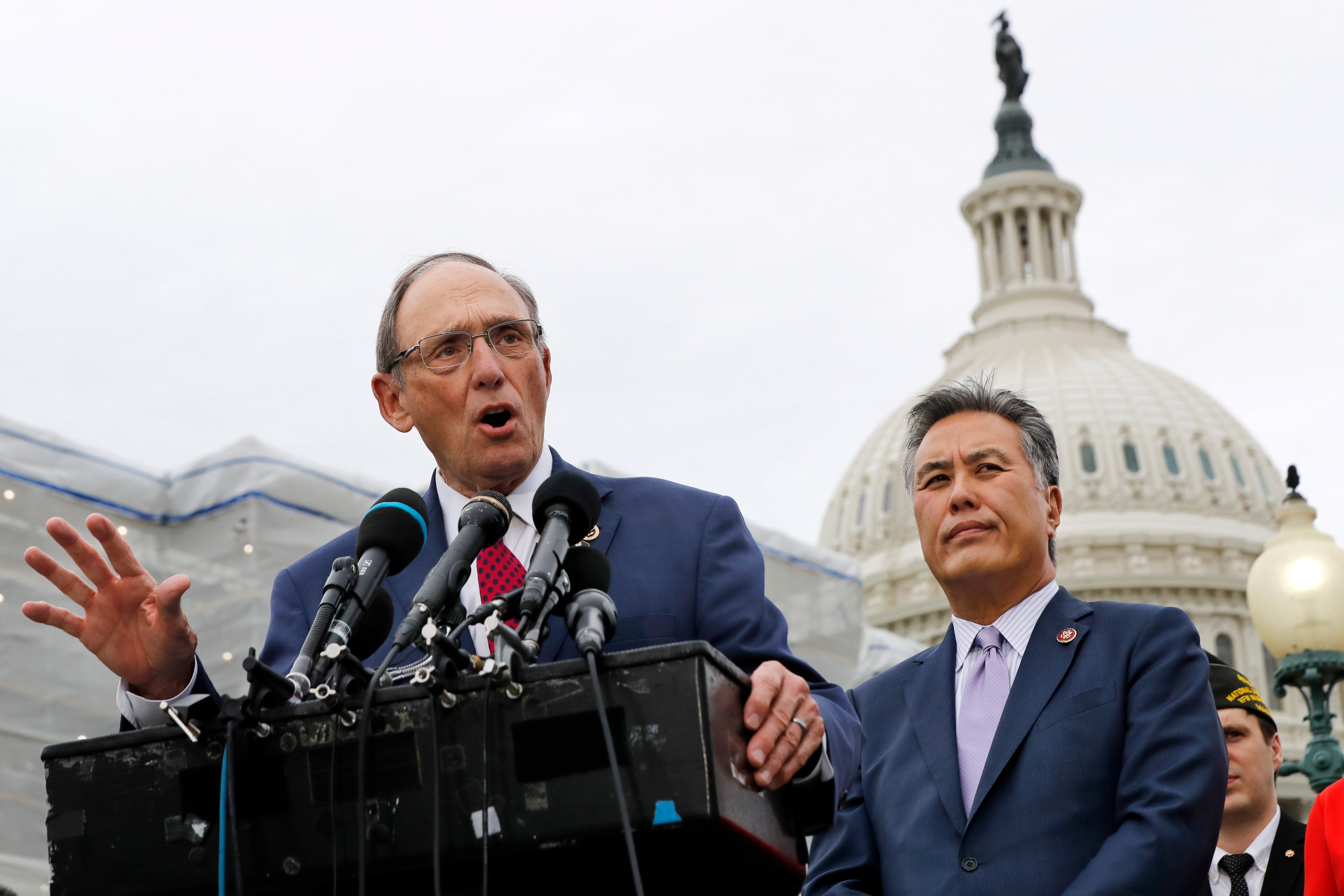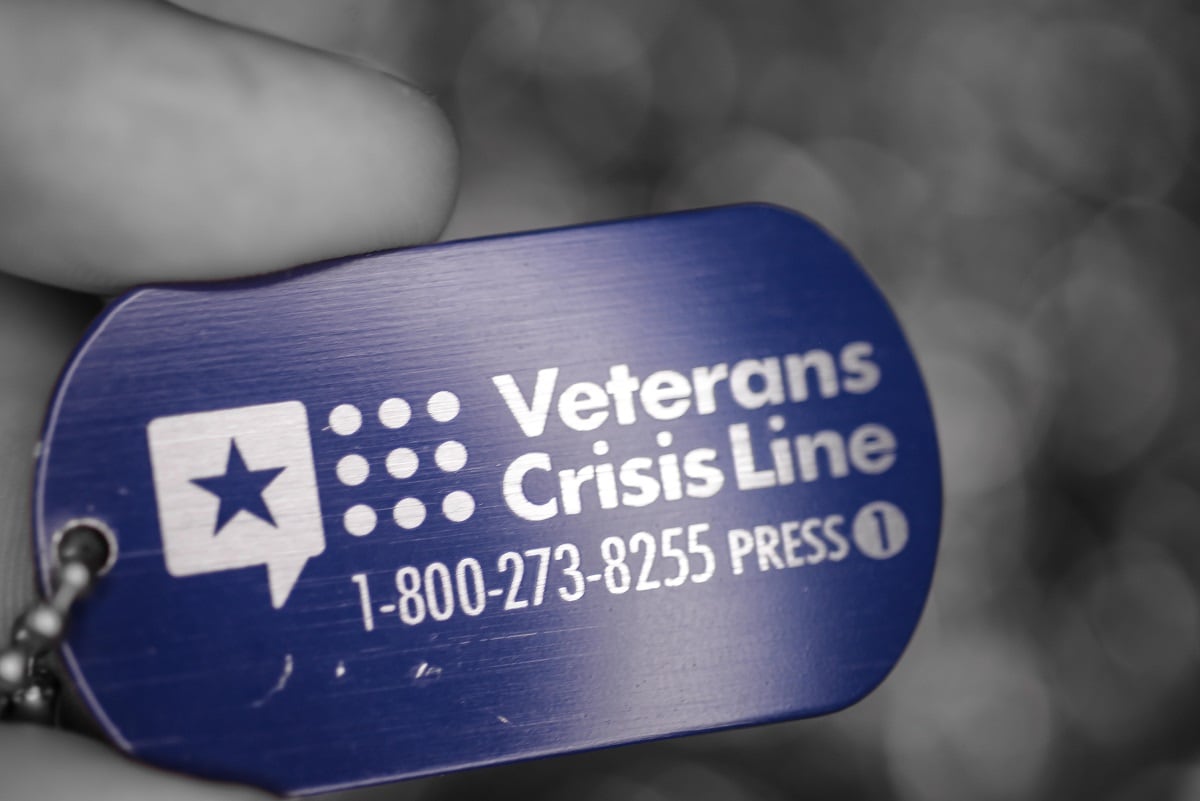A bill to dramatically expand private-sector mental health care for veterans that has been at the center of partisan attacks among House Veterans’ Affairs Committee members will be the focus of a closed-door congressional roundtable on Nov. 13.
Lawmakers are hoping to craft a compromise plan and ease tensions.
Last week, Republican members of the committee stormed out of a heated mark-up after Chairman Mark Takano, D-Calif., refused to allow minority party amendments on proposal for women veterans program reforms. Among the Republican complaints was that one mental health bill, dubbed the Improve Act, has languished in the committee for months.
The bill, which has drawn support from both Republicans and Democrats, would award grants to private-sector mental health experts in an effort to provide quicker and more convenient treatments for veterans in distress. Supporters have argued it could be a valuable new tool in the effort to reduce veterans suicide.
RELATED

The concept is modeled after the Housing and Urban Development-VA Supportive Housing grants established a decade ago, which give federal dollars to local support groups who provide direct housing support to veterans. That program has been lauded as a major advance in how VA care is delivered to veterans, helping significantly reduce the homelessness numbers.
White House officials have voiced support for the idea for mental health, and the idea is among several key areas of focus for the interagency task force looking at new solutions to the veterans suicide problem. Their report on new approaches is due next spring.
But bill sponsors have argued that Congress can’t wait that long to act. According to the latest VA estimates, about 17 veterans a day die by suicide, along with another four active-duty troops, guardsmen and reservists.
In a letter to House leaders earlier this fall, VA Secretary Robert Wilkie called the legislation a chance “to get at the root causes of the suicide crisis in the nation.” Committee ranking member Rep. Phil Roe, R-Tenn., said before that walk out that “lives are at risk” with every day the legislation is delayed.
Takano said he still has concerns about the legislation, particularly what oversight and standards will be established for groups receiving the grants.
“We need new solutions that will increase coordination among community-based nonclinical services, improve the quality of life for veterans and their families, and help prevent veteran suicide as a result,” Takano said in a statement Tuesday.
“However, to ensure veterans have access to these services, we must ensure the infrastructure exists to connect veterans with the community-based organizations seeking to serve them and that critical accountability and quality assurance measures are in place.”
RELATED

The debate also has echoes of earlier fights over sending VA health care dollars to private-sector physicians, which have prompted fears among critics of the administration looking to privatize parts of the department.
Veterans groups have been divided on the issue, with some fiercely backing the legislation and others warning caution about too freely awarding grants. Takano said he hopes to find a compromise on the legislation in coming weeks, starting with the roundtable.
It will also serve as the first full meeting for the committee since the walk-out, which prompted accusations of partisanship and unseemly behavior from members of both parties. Such political fights are common in many committees but not so on the veterans panel, which infrequently faces party-line votes at mark-ups.
Veterans experiencing a mental health emergency can contact the Veteran Crisis Line at 1-800-273-8255 and select option 1 for a VA staffer. Veterans, troops or their family members can also text 838255 or visit VeteransCrisisLine.net for assistance.
Leo covers Congress, Veterans Affairs and the White House for Military Times. He has covered Washington, D.C. since 2004, focusing on military personnel and veterans policies. His work has earned numerous honors, including a 2009 Polk award, a 2010 National Headliner Award, the IAVA Leadership in Journalism award and the VFW News Media award.





